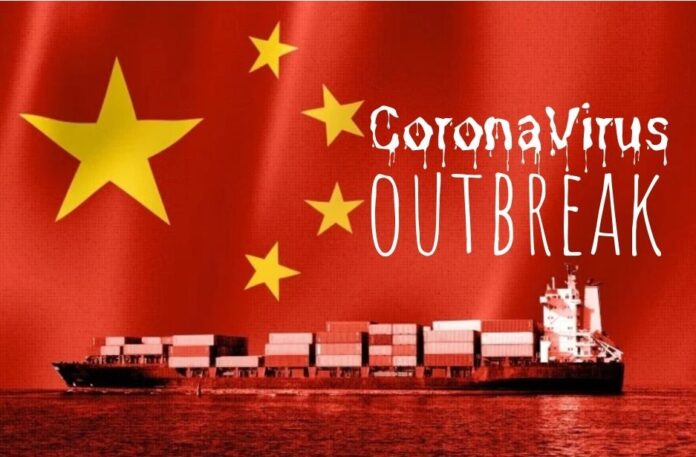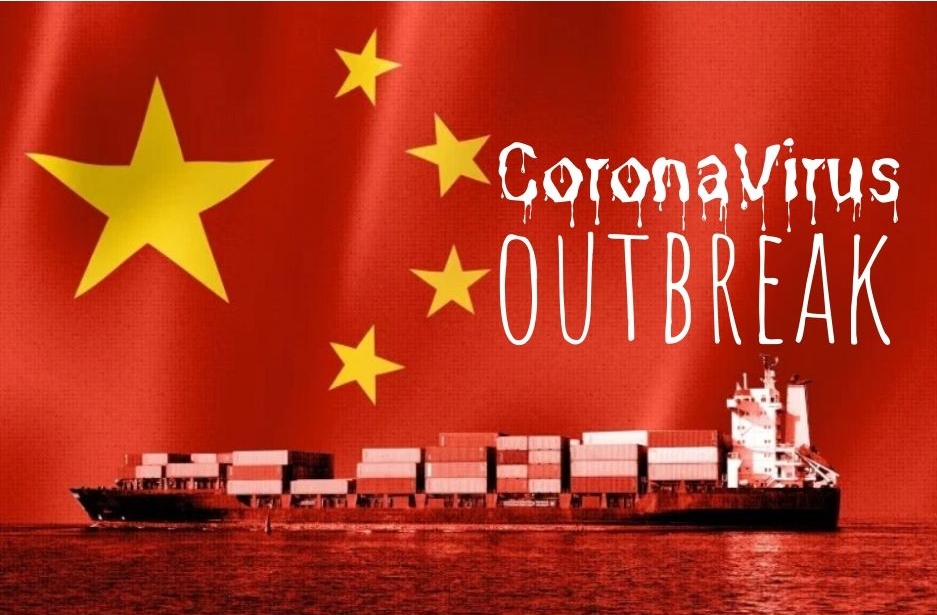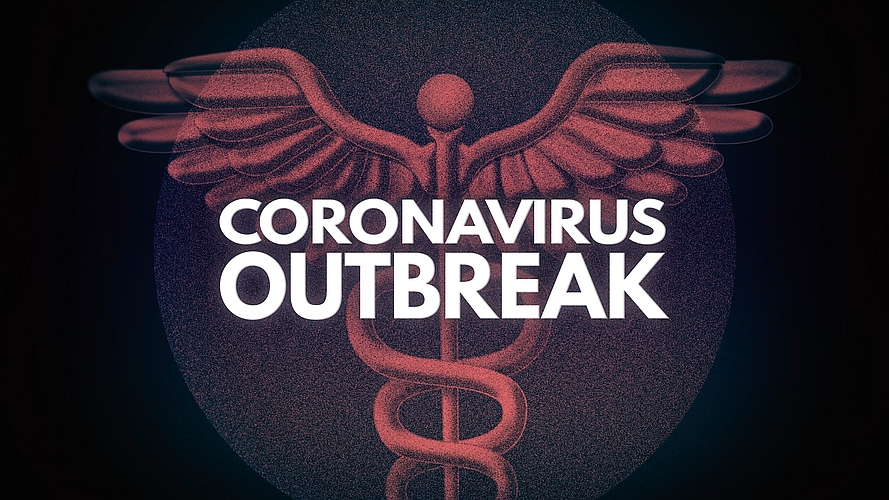
(www.MaritimeCyprus.com) The novel Coronavirus 2019-nCoV continues to spread at a rapid rate. As of 28 January, it is reported that the death toll is over 100 with more than 4,500 confirmed infections. Cases of infection are concentrated in Central China, but the virus has spread to at least 16 countries globally.
Hong Kong has announced travel restrictions between mainland China.
North has produced a simple factsheet to help seafarers. Masters might find it helpful to print out this factsheet and post it at the ship’s gangway to raise awareness. The Novel Coronavirus Information Sheet can be downloaded for use.
24 January 2020
The number of confirmed cases of novel Coronavirus (now designated 2019-nCoV) has risen to over 800, resulting in 26 deaths.
The WHO has advised that cases infected in China have been exported to the US, Thailand, Japan and Republic of Korea. They expect more cases will be exported to other countries, and that further transmission may occur.
Currently, restrictions on travel are in force on ten cities in the central China. However, the Chinese authorities have cancelled a number of major events across the country to control spreading of the virus.
There is no reported impact on port operations in China.
If you are calling at a Chinese port, you are recommended to keep up to date with the latest WHO situation reports. They contain the latest information on the outbreak and the response of each of the affected countries.
The WHO have also provided simple guidance on protecting yourself from 2019-nCoV.
This includes:
- Frequently clean hands by using soap and water and alcohol-based hand rub
- When coughing and sneezing cover mouth and nose with tissue – throw tissue away immediately and wash hands
- Avoid close contact with anyone who has fever and cough
- If you have fever, cough and difficulty breathing – seek medical care early
- When visiting live markets in areas currently experiencing cases of novel coronavirus, avoid direct unprotected contact with live animals and surfaces in contact with animals
- The consumption of raw or undercooked animal products should be avoided. Raw meat, milk or animal organs should be handled with care, to avoid cross-contamination with uncooked foods, as per good food safety practices.
21 January 2020
A new strain of coronavirus, which causes a type of pneumonia, has been reported in China.
First detected in December 2019 in the central city of Wuhan, the Chinese authorities have reported there are almost 300 cases, including four deaths.
Although confirmed cases are concentrated in Wuhan, the outbreak is understood to have spread to Beijing, Shanghai and Shenzhen as well as cases in Japan, Thailand and South Korea have reported cases.
There are currently no reports of the outbreak affecting port operations.
Chinese authorities have confirmed that the coronavirus can pass from person to person. Therefore, there are concerns that the outbreak could spread further as people begin travelling for lunar new year celebrations.
The outbreak has similarities to the SARS virus that killed 774 people between 2002 and 2004 across Asian countries.
Signs of infection include respiratory symptoms, fever, cough, shortness of breath and breathing difficulties.
World Health Organization (WHO) Guidance
The WHO does not recommend any specific health measures for travellers.
In case of symptoms suggestive to respiratory illness, travellers are encouraged to seek medical attention and share travel history with their health care provider. The WHO currently advises against any travel or trade restrictions on China based on the information currently available.
The basic principles to reduce the general risk of transmission of acute respiratory infections:
- Avoiding close contact with people suffering from acute respiratory infections
- Frequent hand-washing, especially after direct contact with ill people or their environment
- Avoiding unprotected contact with farm or wild animals
- People with symptoms of acute respiratory infection should cover coughs and sneezes with disposable tissues or clothing, and wash hands.
Read more at The World Health Organization.














